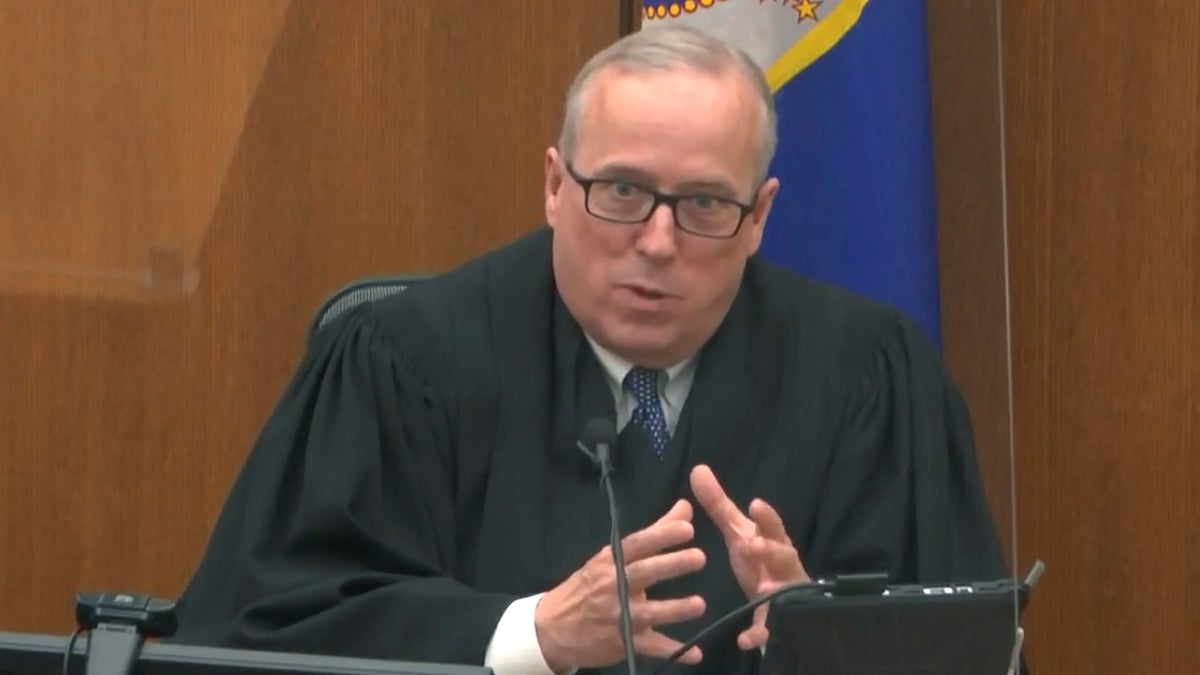Fox News Flash top headlines for April 14
Fox News Flash top headlines are here. Check out what's clicking on FoxNews.com.
The judge presiding over former Minneapolis police Officer Derek Chauvin’s murder trial denied an acquittal request Wednesday by the officer’s defense team.
Chauvin is accused of murdering George Floyd on May 25, 2020, by pressing a knee on Floyd’s neck for more than nine minutes during an arrest after Floyd allegedly tried to use a counterfeit $20 bill in a store.
The acquittal request came during the second day of the defense presenting its case in a Minneapolis courtroom after prosecutors rested their case Tuesday following 11 days of testimony that included video evidence.
Hennepin County Judge Peter Cahill rejected Chauvin attorney Eric Nelson’s argument that prosecutors had failed to prove Chauvin was guilty.
"The court’s duty at this point is to look at the evidence in a light most favorable to the state and even when there are inconsistencies, major or minor, between witnesses, the jury is free to believe some and not the others," Cahill said in his decision, according to The Hill.
Requests for acquittal are commonly made halfway through a trial and are almost always denied, the outlet noted.

In this image from video, Hennepin County Judge Peter Cahill discusses motions before the court Monday, April 12, 2021, in the trial of former Minneapolis police Officer Derek Chauvin at the Hennepin County Courthouse in Minneapolis. (Associated Press)
During their portion of the trial, prosecutors called forth numerous medical experts who testified that Floyd, 46, died from a lack of oxygen resulting from the placement of Chauvin’s knee on his neck for a period of time.
CLICK HERE TO GET THE FOX NEWS APP
On Wednesday, the defense team countered that Floyd’s heart disease contributed to his death, with witness David Fowler, a former Maryland medical examiner, suggesting that Floyd’s drug use and exposure to exhaust from a nearby police vehicle also may have been factors, The Hill reported.
If convicted of second-degree murder, Chauvin could face up to 40 years in prison, authorities have said.












































